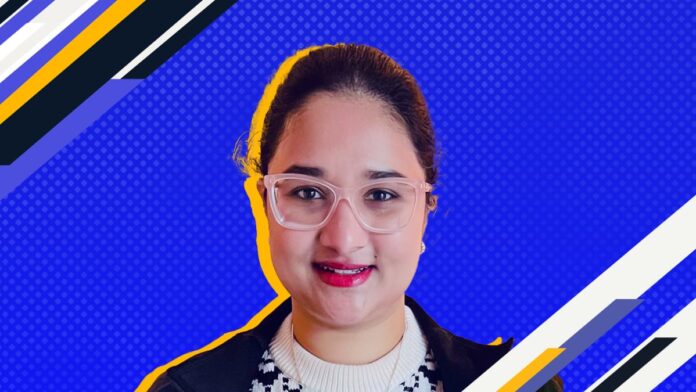Ria Cheruvu has been ahead of the curve for most of her life. After graduating from her Arizona high school at just 11, the student deemed prodigy became one of the youngest people to ever graduate from Harvard. Her collegiate record is a marvel to many.
Following a period studying neurobiology and during the completion of her first computer science degree, Cheruvu was hired for Intel’s ethics team — preceding the AI boom that would soon hit mass markets, and years before the phrase became a household utterance. At the time of her hiring, Cheruvu was just 14 years old. In the years since joining the tech giant and graduating from the Ivy League, she’s become a go-to voice on responsible AI development, bolstering her resume with multiple AI patents, a Master’s Degree in data science from her alma mater after a neuroscience internship at Yale, and multiple teaching credits for digital courses on AI ethics. She’s working on a PhD, as well, because… why not?
Today, as one of Intel’s AI architects and “evangelists” — yes, that’s the real word — the 20-year-old is on the forefront of one of the world’s hottest topics: How do we move forward with this technology, and how can it be done in a way that ensures real people remain at its core?
Her presence is a rare thing in an industry now steamrolled by capital investors, commercial interests, and self-proclaimed tech “disruptors.” But her age is more of a benefit than a hindrance, as the future of AI will soon be placed in the hands of the next generation of technologists and users — her peers — and many of them are already embracing the complex integration of generative AI in their daily lives.
Cheruvu spoke to Mashable about her now-established career in the realm of “AI for Good,” one of the few young voices with a seat at the table as the world reckons with accelerating change.
How gamification sparked the AI era in tech
Mashable: Your accomplishments run through a gamut of scientific fields: Computer science, data science, neuroscience. Why did you turn your attention to AI, and Intel, specifically?
Cheruvu: After I graduated with my Bachelor’s in computer science, I was looking for the next step. It was a turning point: Do I go into neuroscience, or do I get into something that’s pure computer and data science related? I had a brief interest in AI.
Both of my parents are software engineers by training and have their Masters in computer applications and technology. At the time, my dad was working at Intel Corporation. I had actually been on a number of field trips in high school to our local campus. I applied, and I interviewed with three different teams in different areas. One was pure math and AI, the other was a little bit on the neuroscience side, and then the last was deep learning and hardware. Eventually, I picked that third team and got accepted. It evolved from there into a six year journey of different roles at Intel.




